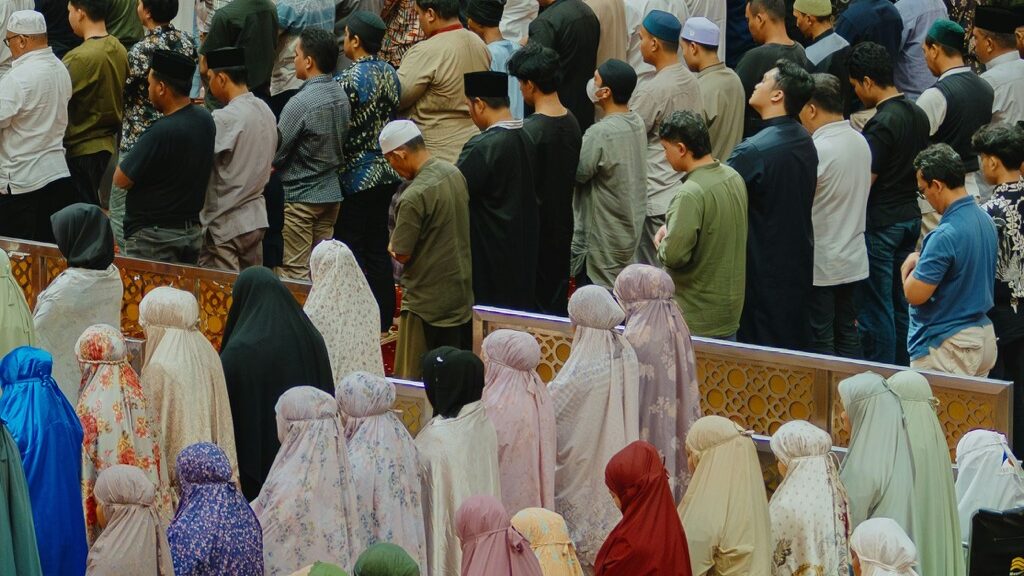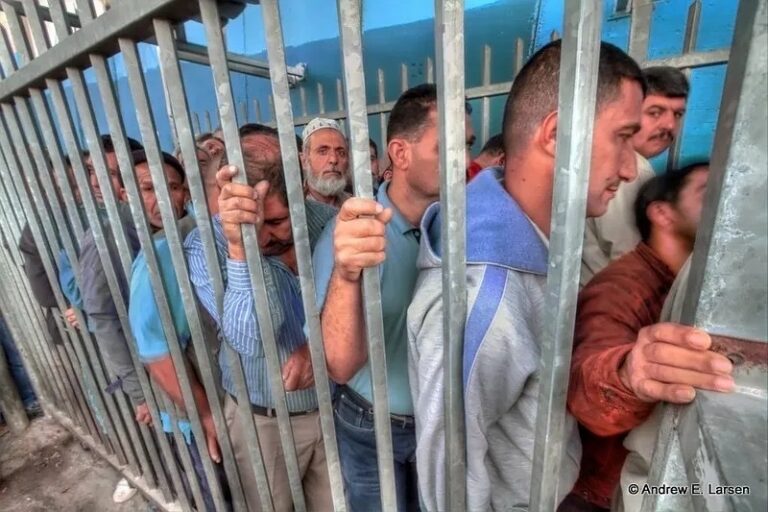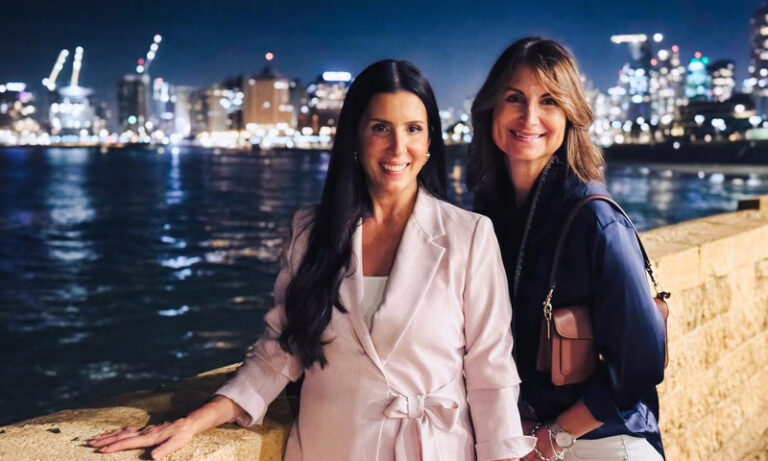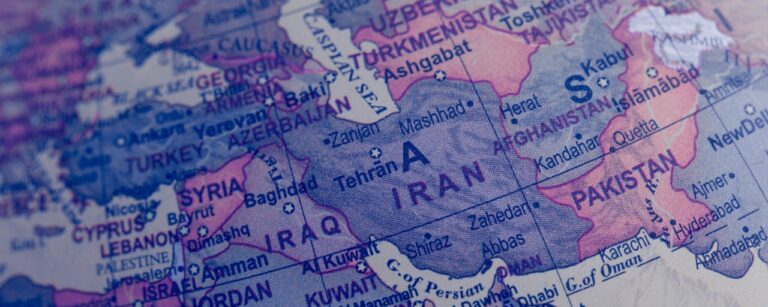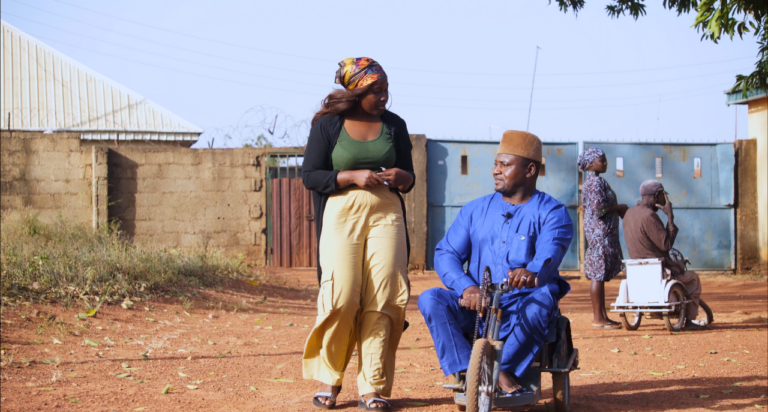Faith, Power, and Peace: Why Religious Freedom Is the Missing Link in MENA Stability
As conflicts in Syria, Lebanon and Iraq continue to expose the fragility of governance across the MENA region, the urgent need for structural solutions has become undeniable. One of the most overlooked, but foundational, issues is the status of religious freedom. This article argues that sustainable peace will remain elusive unless governments and peacebuilders address the systemic misuse of religion in governance and commit to protecting the freedom of belief and practice for all.
Across the Middle East and North Africa (MENA), the mismanagement of religious diversity and restrictions on religious freedom have fuelled cycles of conflict, mistrust, and institutional decay. While political and security strategies dominate peacebuilding agendas, they often overlook a deeper, more enduring root cause of instability: the systematic use of religious favouritism by governments to consolidate power and exclude others.
Religious freedom is not merely an individual right, it is a structural imperative with far-reaching implications for national cohesion and long-term peace. In many MENA states, authorities have privileged one religious group over others, embedding inequality into constitutions, legal codes, public institutions, and national narratives. This systemic discrimination undermines pluralism, deepens sectarian rifts, and generates grievances that no ceasefire or reconstruction effort can resolve on its own.
Iraq offers a powerful illustration of how institutional favouritism can fracture a nation. Under the modern Iraqi state, Sunni Muslims dominated the political and military elite, marginalizing Shia Muslims, Christians, Yazidis, and others. After the 2003 regime change, the power balance shifted dramatically. However, rather than correcting past injustices, the new system reversed the dynamics in ways that intensified sectarianism. Religious minorities continued to face discrimination through exclusionary laws, limited political representation, and insufficient protection of sacred sites and community rights.
Syria followed a similar path. The Assad regime entrenched Alawite control, a minority sect, at the top of the military and security establishment. This exacerbated resentment among Sunni communities and contributed to the outbreak of civil war. Other religious groups, such as Sunni Muslims, Christians, and Druze, were drawn into the regime’s sphere, often under coercion, further entrenching sectarian divisions and eroding any sense of shared national identity. As in Iraq, the instrumentalization of religion in Syria laid the groundwork for prolonged violence.
In Iran, the politicization of religion has deeply fractured society. The theocratic system embeds Shi’a Islam at the heart of state governance, granting clerical authorities sweeping control over political, legal, and social life. This structure systematically marginalizes religious and ethnic minorities, including Sunnis, Baha’is, Christians, Jews, and Zoroastrians, subjecting them to surveillance, discrimination, and restrictions on worship and civic participation. Despite projecting an image of religious unity, Iran’s fusion of religion and state power has deepened mistrust and institutionalized exclusion.
These cases illustrate a clear pattern, state favoritism, whether formal or informal, does not foster peace. It creates winners and losers, institutionalizes exclusion, and erodes public trust. This is not a relic of the past; it is an ongoing crisis threatening the region’s stability. The message is unequivocal, religious freedom and equality are essential foundations for sustainable peace in the MENA region.
There are, however, positive lessons to draw from within the region. Tunisia’s post-revolution constitution recognized freedom of conscience, and Jordan’s leadership has made interfaith dialogue a national priority. Though far from perfect, such efforts demonstrate that governance rooted in inclusion can foster greater social cohesion.
International actors must also acknowledge this truth. Too often, global peacebuilding frameworks treat religion as either a sensitive issue to sidestep or a cultural factor to manage. In reality, the intersection of religion and state power lies at the heart of the region’s social and political landscape. Effective peacebuilding must confront, not avoid, these dynamics. It must address structural inequalities by investing in inclusive education, legal reform, and civil society initiatives that promote genuine pluralism, not just superficial coexistence.
The MENA region is a mosaic of faiths, languages, and traditions. Its strength lies in this diversity, but only if protected through equitable governance. Religious freedom is not a Western export, it is deeply rooted in the region’s own religious traditions, from the Qur’anic verse affirming “there is no compulsion in religion” to historical periods of coexistence among Muslims, Christians, Jews, and others.
If governments, civil society, and international partners begin to see religious freedom as a cornerstone of peacebuilding, not merely a human rights issue, they can help the region move from fragile coexistence to resilient pluralism. As the experiences of Iraq, Syria, and Iran demonstrate, the cost of ignoring this issue is far greater than the cost of addressing it.
Peace in the MENA region cannot be built solely through political agreements or high-level negotiations. It must take root in classrooms that teach mutual respect, in judicial systems that uphold equal rights, and in communities where diversity is celebrated rather than feared. Genuine peace demands more than the absence of violence; it requires inclusive, just, and accountable systems that safeguard the dignity and rights of all people, regardless of their religion or belief.
To translate principle into practice, regional and international stakeholders could take into consideration the following points:
- Reform national laws to recognize and protect the rights of all religious communities equally.
- Empower civil society actors to monitor violations and promote dialogue.
- Integrate religious literacy and pluralism into national education curricula.
- Ensure foreign aid supports inclusive governance, not sectarian agendas.
The future stability of the MENA region depends not only on political reform or security agreements but on a deeper transformation, one that places religious freedom at the heart of governance and peacebuilding. If laws, institutions, and narratives continue to Favor some communities while marginalizing others, the cycle of exclusion and conflict will persist.
Religious freedom is not an external imposition nor a secondary concern, it is a moral and strategic necessity rooted in the region’s own traditions of coexistence. Upholding it is not merely about protecting belief; it is about building nations where diversity strengthens rather than divides. If governments, civil society, and international actors recognize this and act accordingly, the MENA region can move from fragile coexistence toward resilient, inclusive peace.

